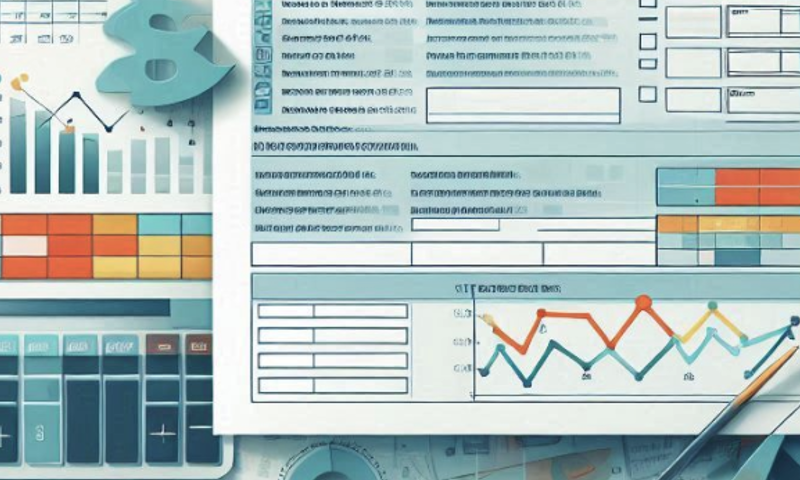Description:
The purpose of the Introduction to Taxation SLP is to provide students with an understanding of the basic theoretical concepts and ground rules regarding Income and Value-added tax. The module lays the theoretical and practical foundation for concepts and principles covered in Taxation 1 and 2. This SLP forms part of a suite of three SLPs offered to students who do not meet the taxation entry requirements for further study or association with professional accountancy bodies.
Admission Requirements:
A potential student must:
1. Meet the entry requirements for the Bachelor of Commerce (Accounting) (B3A17Q)
2. Meet the alternative entry requirements for the Bachelor of Commerce (Accountancy) (B34ACP) (distance) degree as follows:
- Mature age exemption: Applicants older than 23* will be considered if the matric certificate is below the minimum requirements. Applicants with an academic exclusion (from UJ or another institution):
If the applicants meet the minimum entry requirements with their matric certificates, the applicants will be admitted regardless of their previous academic performance. If the applicant does not meet the minimum requirements, the application will be declined;
Have obtained a relevant degree at NQF level 7.
The department may, from time to time, set final selection requirements.
This SLP will only be offered if there is sufficient interest.


